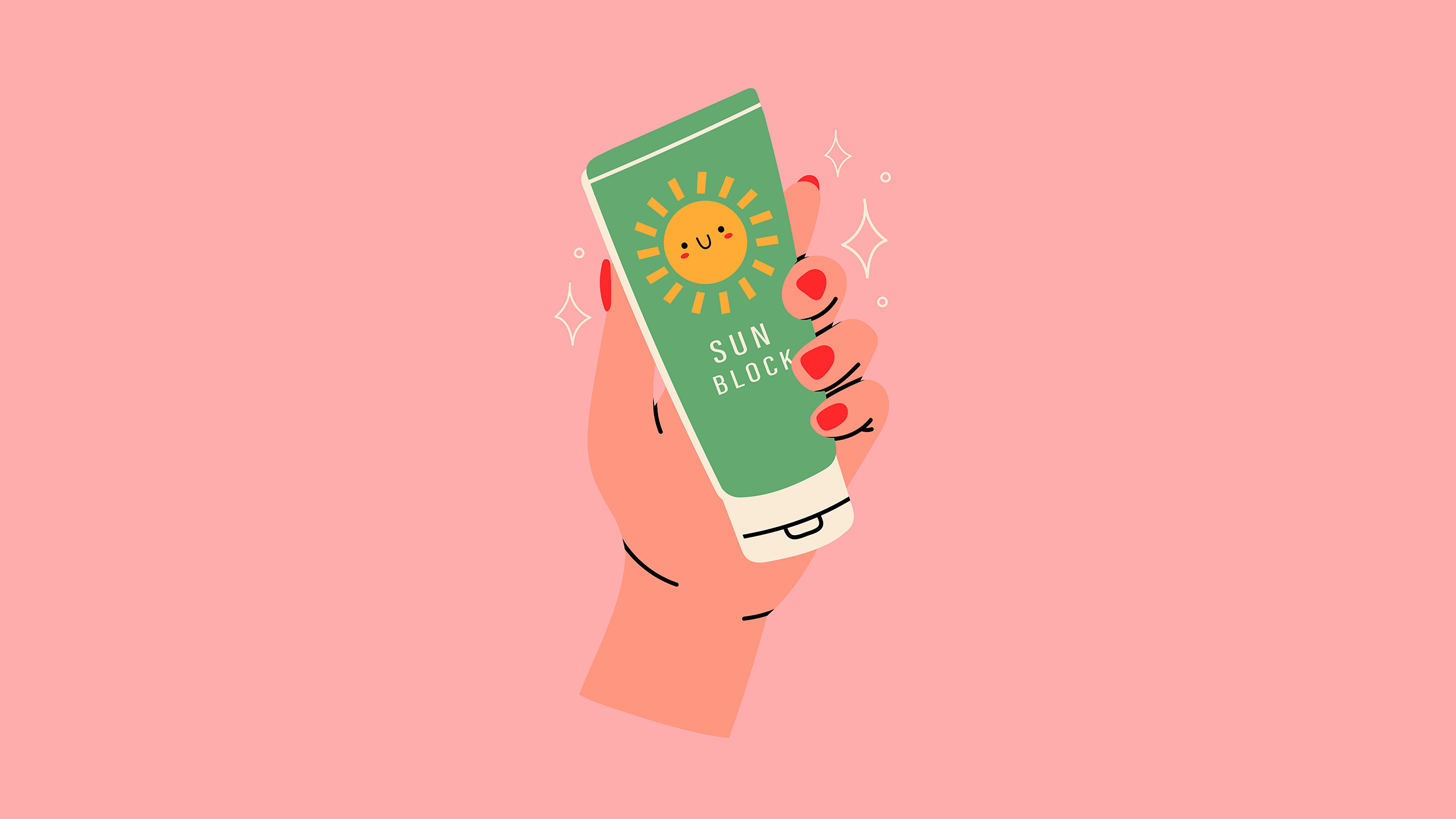The sun shines? Then you grease yourself up. At least that’s so smart. Still, there has been a lot of talk about sunscreen in recent weeks. This protective material would be more harmful than not lubricating. Is sunscreen really harmful? We asked dermatologist Koen Quint.
There has been a lot of fuss about sunscreen on social media in recent weeks. Applying sunscreen would be more harmful than getting sunburnt. The reason? The substances in sunscreen are said to be carcinogenic. And so some people say they no longer apply sunscreen and go through life ‘sunscreen-free’ from now on.
Dermatologists are concerned
Koen Quint, dermatologist at the Roosevelt Clinic and the Leiden University Medical Center, did not miss the commotion on social media. He, like many other dermatologists, is very concerned. “Personally, I’m terrified that the sunburn awareness that dermatologists have built up over the years is now being questioned by oversimplified social media coverage,” he says. “It is of course everyone’s free right not to use lubricants, but parents who think they are doing something good by not protecting their children from the sun are in my opinion not wise.” Burning at a young age increases the risk of developing melanoma, the deadliest form of cancer, later in life. skin cancer.
Substances in sunscreen
Is the fuss about sunscreen completely unjustified? Yes, says the dermatologist. Getting burned is so much more harmful than rubbing your skin. The hype comes from a study recently published in the JAMA (Journal of the American Medical Association, ed.) has been published. It was shown that certain substances in sunscreen were detectable in the blood. However, the authors immediately indicated that this should not be a reason to stop using sunscreen.”
No evidence of harmful effects
According to Koen, there are no indications that the concentrations of the substances found in the blood are harmful. “It involved a certain type of sunscreen that uses chemical sun filters. There are also sunscreens that use mineral (physical) filters. These do not apply as finely, but if you are in doubt about your sunscreen, you can use a variant with a mineral filter. Again, letting your skin burn is much more harmful. Just keep greasing.”
The difference between chemical and mineral sunscreens
What is the difference between chemical and mineral filters? We’ll explain that briefly. In short, chemical filters penetrate the skin and thus block UV radiation. Mineral filters, on the other hand, put a kind of layer on the skin and reflect the light back. Would you prefer a sunscreen that is as natural as possible? Then, as far as we’re concerned, lubricate your skin with an anti-sunscreen product with mineral filters. Studies show that using some chemical filters can cause skin irritation. And float in the zee, then aquatic and sea creatures also become the victims of these filters. Mineral sun filters are therefore better for your skin and the environment.
Pay attention to this if you want to use a natural sunscreen
If you want to use a sunscreen that is as natural as possible, there are still a number of points that you can pay attention to. Most sunscreens contain different chemicals. Good to know: there is no scientific evidence that certain substances in sunscreens are harmful or carcinogenic. A study with rats and mice has shown that especially the substances oxybenzone, titanium dioxide and zinc oxide in extremely high amounts can have a short-term hormone disrupting effect. There is a big but: the dose was extremely high before there were any harmful effects and the laboratory animals ingested these substances through their food. That cannot be compared with how – and in what quantities – we use sunscreen. Do you still want to skip as many chemical ingredients as possible? There are plenty of sunscreens available without these substances.
Want to know more about sunscreen? We answer 7 important questions.
<!–
–>
–


